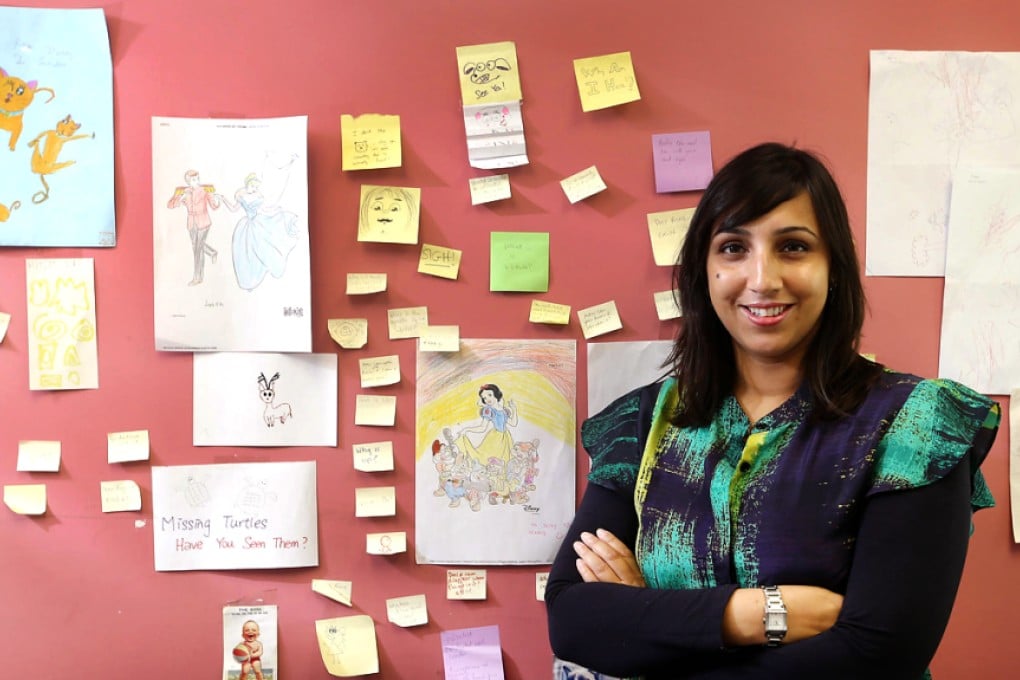Operation Santa Claus: Hong Kong Justice Centre helps traumatised asylum seekers
The Justice Centre is providing legal and psychological support for hundreds of asylum seekers

They are like phantoms living in limbo under a veil of fear and invisible to most people, constantly cashless and denied access to any public facilities.
The asylum seekers came to Hong Kong with painful stories of trauma, seeking protection against repatriation to their home countries.
Without money and forced to be illegal immigrants in order to be eligible to make protection claims, most among the 10,500 claimants feel helpless and distressed with nowhere to turn to.

Under a new Unified Screening Mechanism introduced in March last year, asylum seekers may lodge non-refoulement claims with the Immigration Department on grounds including torture, inhuman or degrading treatment or punishment, and persecution.
Many are torture survivors who badly need legal and psychological support to prove their case and to recover from their trauma, says Piya Muqit, executive director of Justice Centre Hong Kong, a non-profit group advocating for refugee rights.
"When you're recounting your story, you need assistance. Trauma is such a huge thing that it can actually inhibit you from telling your full story," she says.